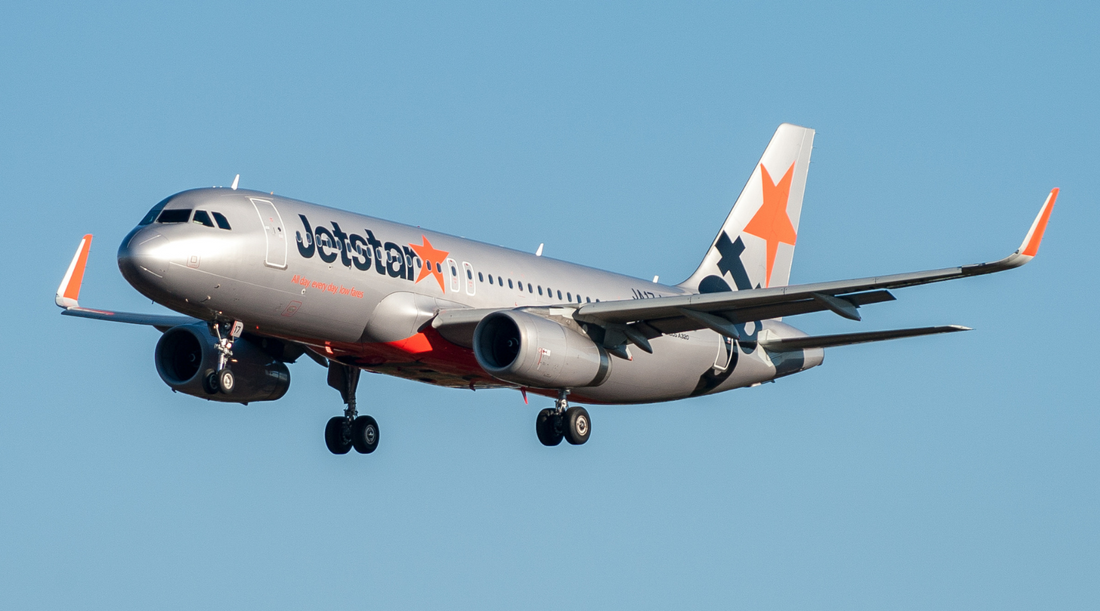Jetstar Jitters: Can the Low-Cost Carrier Navigate Turbulence?
Jetstar, the budget airline subsidiary of Qantas, has long been a dominant force in the Australian and Southeast Asian aviation sector. However, recent years have brought choppy air for the low-cost carrier (LCC). Rising fuel costs, fierce competition, and operational hiccups have cast doubt on Jetstar's ability to stay aloft.
Headwinds and High Costs:
A major challenge for Jetstar is the ever-increasing cost of fuel. Unlike traditional airlines that hedge fuel prices, Jetstar operates on a more volatile spot-market basis. This exposes them to significant fluctuations, squeezing profit margins. Fuel costs now comprise a substantial portion of their operational expenditure.
Competitive Skies:
The Australian aviation landscape is witnessing a rise in competition. Airlines like Virgin Australia are clawing back market share, while new players like Bonza are entering the fray. This competition puts pressure on Jetstar to maintain its ultra-low-cost model while potentially sacrificing some of its market dominance.
Turbulent Operations:
Jetstar has also faced criticism for operational shortcomings. Flight cancellations, delays, and baggage handling issues have tarnished the airline's reputation for reliability. These issues not only cause inconvenience to passengers but also damage brand image and potentially lead to customer churn.
Looking for Liftoff:
Despite the headwinds, Jetstar is taking steps to navigate the turbulence. They are:
- Network Optimisation: Focusing on high-demand routes and potentially trimming less profitable ones.
- Fleet Modernisation: Investing in fuel-efficient aircraft to reduce operational costs.
- Enhanced Customer Service: Investing in technology and streamlining processes to improve baggage handling and communication during disruptions.
Uncertain Skies Ahead:
While these measures show a proactive approach, Jetstar's future trajectory remains uncertain. The success of their turnaround strategy hinges on several factors:
- Global Fuel Prices: A sustained decrease in fuel prices would significantly ease the financial burden.
- Competitive Landscape: The ability to differentiate itself from competitors through strategic pricing and improved service will be crucial.
- Operational Efficiency: Minimising delays, cancellations, and baggage issues will be essential to rebuild passenger trust.
Can Jetstar Soar Again?
Jetstar's ability to weather the current storm depends on its capacity to adapt and innovate. Focusing on cost control, strategic network planning, and improved customer service are essential for regaining a competitive edge. The coming years will be a test of Jetstar's resilience and its ability to navigate the increasingly competitive skies.

